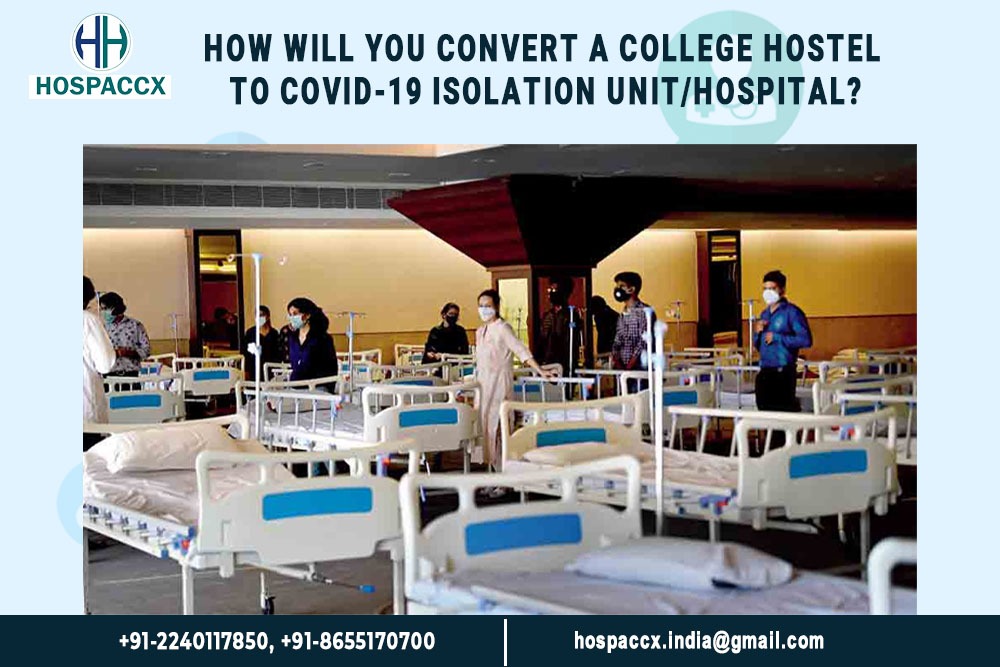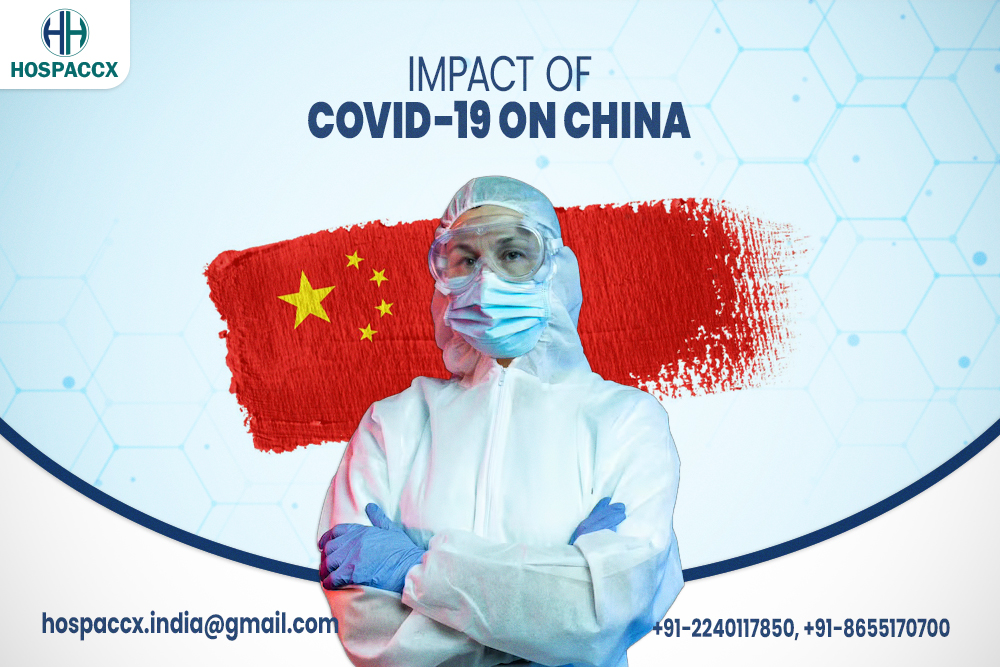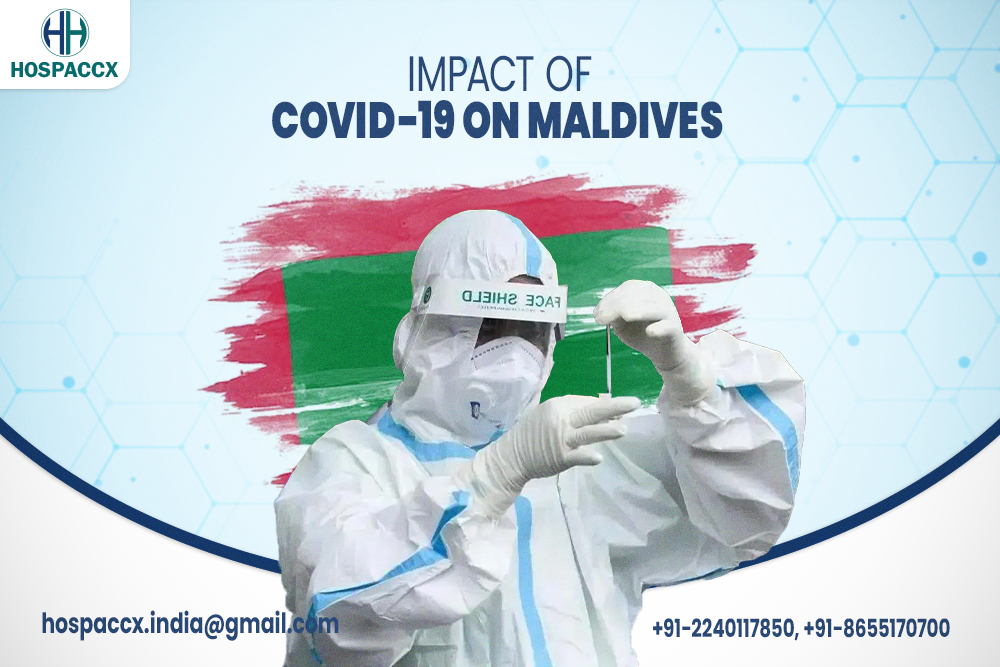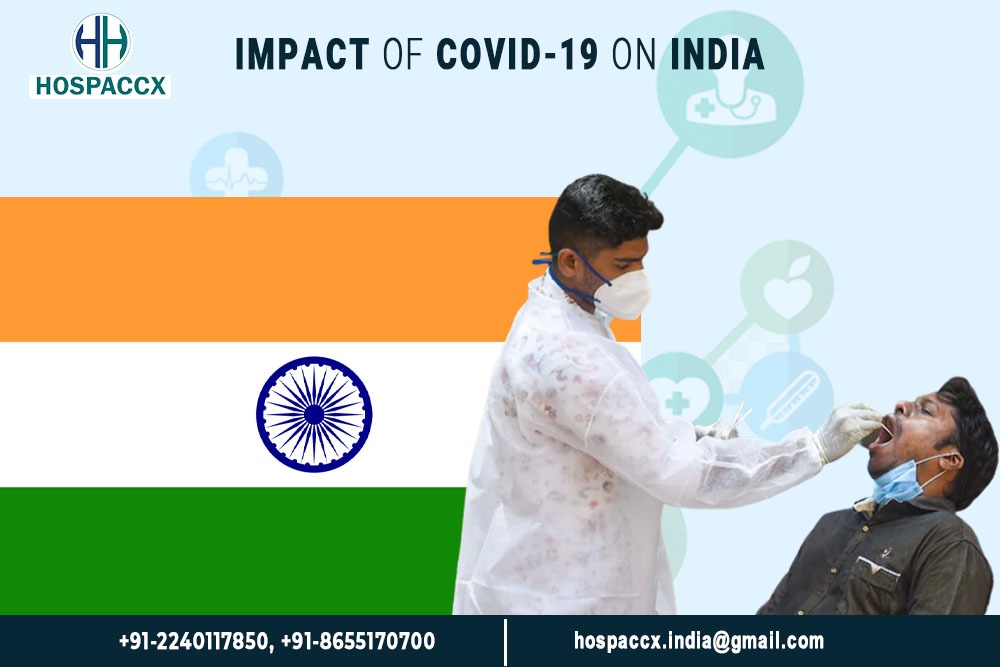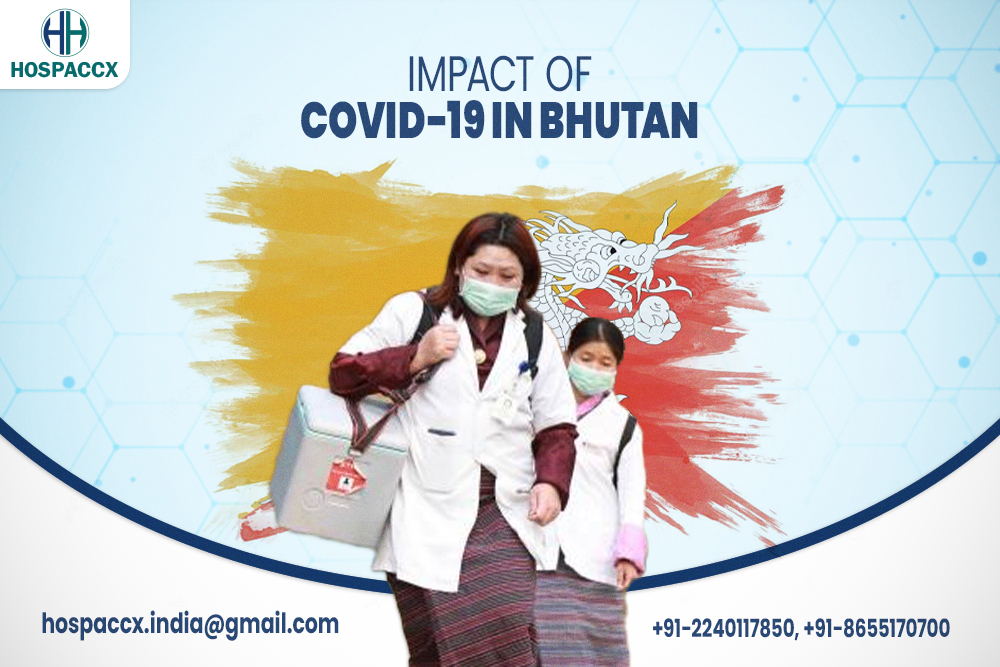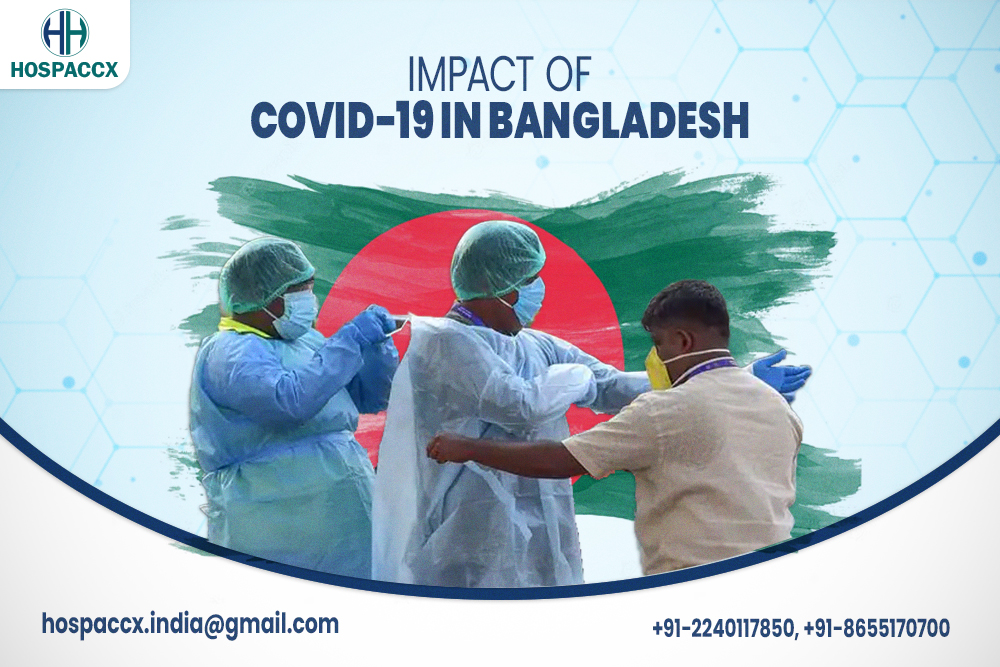In the past 2 years, the COVID-19 pandemic had undoubtedly, made a detrimental impact all over the globe. We are aware that due to the existence of the pandemic, there has been a global decline in aspect like socio-economic growth, trade, agriculture and industrial progress and most importantly, the optimal delivery healthcare service, without exclusion of those regions positioned as the developed countries like the Ireland, Sweden, United States and such others. We can then only imagine, the extent to which the pandemic would have impacted the rest of the countries.
PANDEMIC IMPACT ON THE COUNTRY
ECONOMY
The yearly GDP rate has been falling steadily since COVID-19 began in 2019, reaching a negative figure of -3.4 % before further depreciating to -5.0 in 2020.
The economy of Algeria has seen a sharp downturn as a result of the loss in GDP growth brought on by severe lockdown rules and the collapse in the trade market due to falling oil and natural gas prices. The abrupt decline in oil prices, the major source of the country’s income, had a significant impact on domestic revenues. These deficiencies thus led to the exchange rate declining progressively since March 2020.
In 2020 and 2021, the government adopted several restrictions to slow the virus’ rate of spread. It was challenging to travel freely and do business because of limitations, including curfews and predetermined closing times. These regulations disproportionately affected low-wage and unorganized workers, many of whom had their daily activities restricted and had lost at least some of their income.
GOVERNANCE
This pandemic showed the lack of preparation and the slow nature of the decision-making processes by the government. Decisions have been taken by the Algerian government, were social distancing through the demobilization of 50% of the workers, the closure of schools, higher education units, and other structures, before extending partial containment. Blida, epicenter of the Covid-19 epidemic, in other words the “Wuhan of Algeria”, has also been kept, by government decision, in total confinement imposed since March 2020, due to the large number of cases recorded, since the strategies of containment and mitigation of the epidemic are based on the nature of the virus and its way of spreading.
The Government implemented several social protection measures such as paid sick and annual leave during the lockdown, especially for women taking care of young children and vulnerable persons. A solidarity allowance of DZD10,000 (US$75) was provided to approximately two million families severely affected by the lockdown.
POPULATION –
The Algerian population thus found themselves in a new way of life imposed by total and partial containment, and this social distancing certainly has had an effect on the mental health of patients, healthy people, and medical personnel.
The impact of such restrictions and containment regulations had a psychosocial impact on the population, due to temporary or permanent unemployment, decreased socialization amongst loved ones leading to increased behavioural changes like Anti-Social attitude, increased usage of digital gadgets like mobile phones and laptops for Internet surfing and disturbed sleep cycles. There were also some evident psychological changes found like increased levels of stress anxiety, depression and decreased sense of responsibility to follow the Containment protocols.
During the COVID-19 lockdown, around 10 million children were affected due to the school closure and about 2 million were not able to access their daily meals in school canteens. Distance e-learning was also challenging wherein only 25 % of Algerian households had a personal computer or a tablet and 30 % had Internet at home.
HEALTHCARE SYSTEMS IN TIMES OF COVID-19
In particular, the health-care infrastructure suffered from a sharp shortage of medical facilities to deal with this outbreak. Indeed, the health-care sector was already overwhelmed because of continuous unrest. There were a limited number of quarantine rooms, personal protective equipment, ambulances equipped, facemasks, simple hygiene preparations – hand sanitizers and disinfectants – and trained staff. Another real hurdle was represented by the shortage of COVID-19 tests. Besides, there was a low degree of awareness in the community concerning disease prevention, such as avoiding congested areas and shaking hands. Hence, this situation did inevitably affect the spreading of the COVID-19 virus.
The healthcare industry was caught in conflicts, including the need to retain a necessary public service, efforts to expand the industry, the guiding concept of citizen equality, and the government’s aim to control public spending.
The COVID-19 pandemic had a significant impact on human life and all global health systems. Government responses were influenced by public health infrastructure, official beliefs, and situational awareness, as well as by conflicts, wars, and sanctions. However, the resources available to public health services to combat the epidemic were inadequate. States needed to redirect public spending towards public health and the elimination of inequality because the majority of nations were characterized by the disparity in the distribution of income/wealth, entitlement and access to health care, and social security.
The number of infections is likely to be underestimated despite government efforts to increase testing accessibility, including spending US$100 million to import medical supplies, producing rapid COVID-19 tests locally, and importing 250 000 PCR testing kits for public and private use in early October 2020.
Despite being one of the greatest in Africa, Algeria’s healthcare system fell well short of the norms of more developed nations. In 2018, Algeria’s health spending was 6.22 % of GDP, which was unusually high compared to other African nations. Algeria was not well-prepared to deal with the COVID-19 epidemic despite this expenditure. The lack of hospital critical care unit beds, ventilators, protective equipment, medical oxygen, and oximeters presented a challenge to healthcare staff.
Though there were sufficient number of Private health centres available with requisite facilities, in order to provide the necessary services for COVID-19 patients, the utilization rate of private medical services was very limited as their services are not covered by the public health care system and only a few Algerians can afford to pay out of pocket payments for their treatments.
PHARMACEUTICALS: STATUS OF VACCINATION PROCUREMENT
Research data suggested that the vaccination rate in the highest income countries and regions is more than 10 times faster than in the lowest income regions. More than 9.5 billion doses of the vaccines have been administered across the globe, with only about 3.4% (321 million) of this amount being administered in Africa based on data obtained from Africa Centres for Disease Control and Prevention (Africa CDC).
Despite the market possessing several approved vaccines, the low vaccination rate in the region led to a vaccine crisis since it was not greatly increased. The attempts by certain wealthy nations to administer booster doses of the vaccines to specific risk groups who had already received all of the advised immunizations made the vaccines even more scarce. Low-income countries were most adversely affected since they had difficulty obtaining and giving early doses, even to the most vulnerable individuals. Despite the rigorous and comprehensive design and production of the COVID-19 vaccines, no African nation was a local manufacturer of the vaccinations that are currently in use. The region was so dependent on imports from countries that produce vaccinations. The fact that most, if not all, African nations neglected to place preorders with the makers of the purported vaccinations have made the problem worse.
KEY CHALLENGES FACED BY HEALTHCARE SYSTEMS DURING COVID- 19
The wide geographic spread of coronavirus (COVID-19) presented unanticipated challenges to healthcare systems around the world. Chief among these challenges are as follows:
1) The emotional exhaustion experienced by frontline medical staff.
2) Shortage of life-saving supplies including diagnostic tests, ventilators and personal protective equipment (PPE).
3) Inefficient identification & timely provision of curative & preventive care services.
4) Conflict in the functioning of Public & Private Healthcare systems due to unclear healthcare related regulations laid down by the Government.
Indeed, it was projected that in Algeria, there would be a sharp rise in infection rates and deaths due to the coronavirus — stemming from inadequate human resources, deficiency in budgetary allocations and poor management within existing healthcare systems.
CONCLUSION
Algeria, in spite of all the setbacks faced, marginally managed to tackle the COVID pandemic, with the slow yet sustained support from the Government, and in a large extent, due to the immense support from other countries and International Bodies. There is still scope for a substantial progress in recovery from their downfall of their economy, governance and service sectors by rectifying their failings through a unified effort by the local government and the citizens.
Financial systems should also be evaluated to ensure there is sufficient funding for any resources needed and to allow for prompt reimbursement if required. By identifying any weaknesses in the health system and developing recommendations for improving performance of future public health emergency programmes, the country and health system can be best prepared for any future public health crises.
For more information about the Country and Healthcare opportunities in Algeria, you can visit the company website on www.hospaccxconsulting.com or contact us directly.






